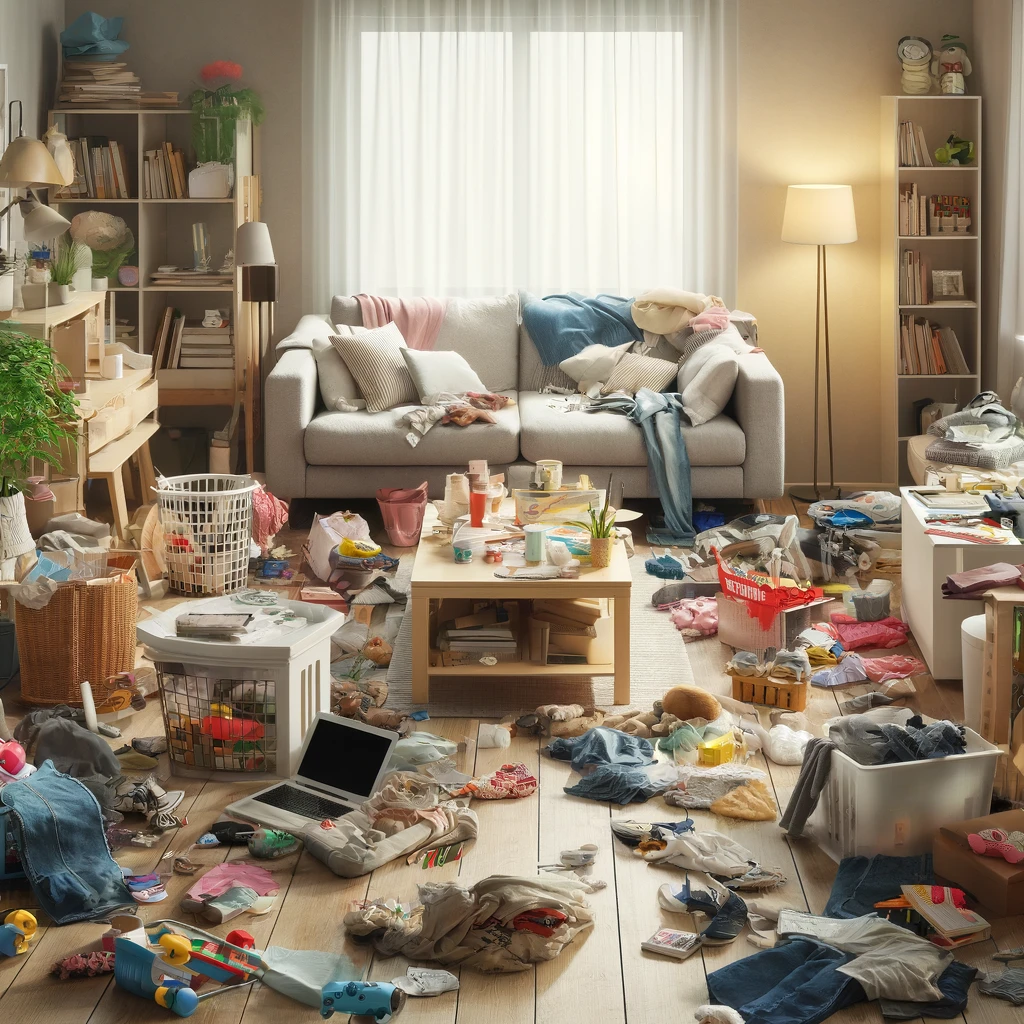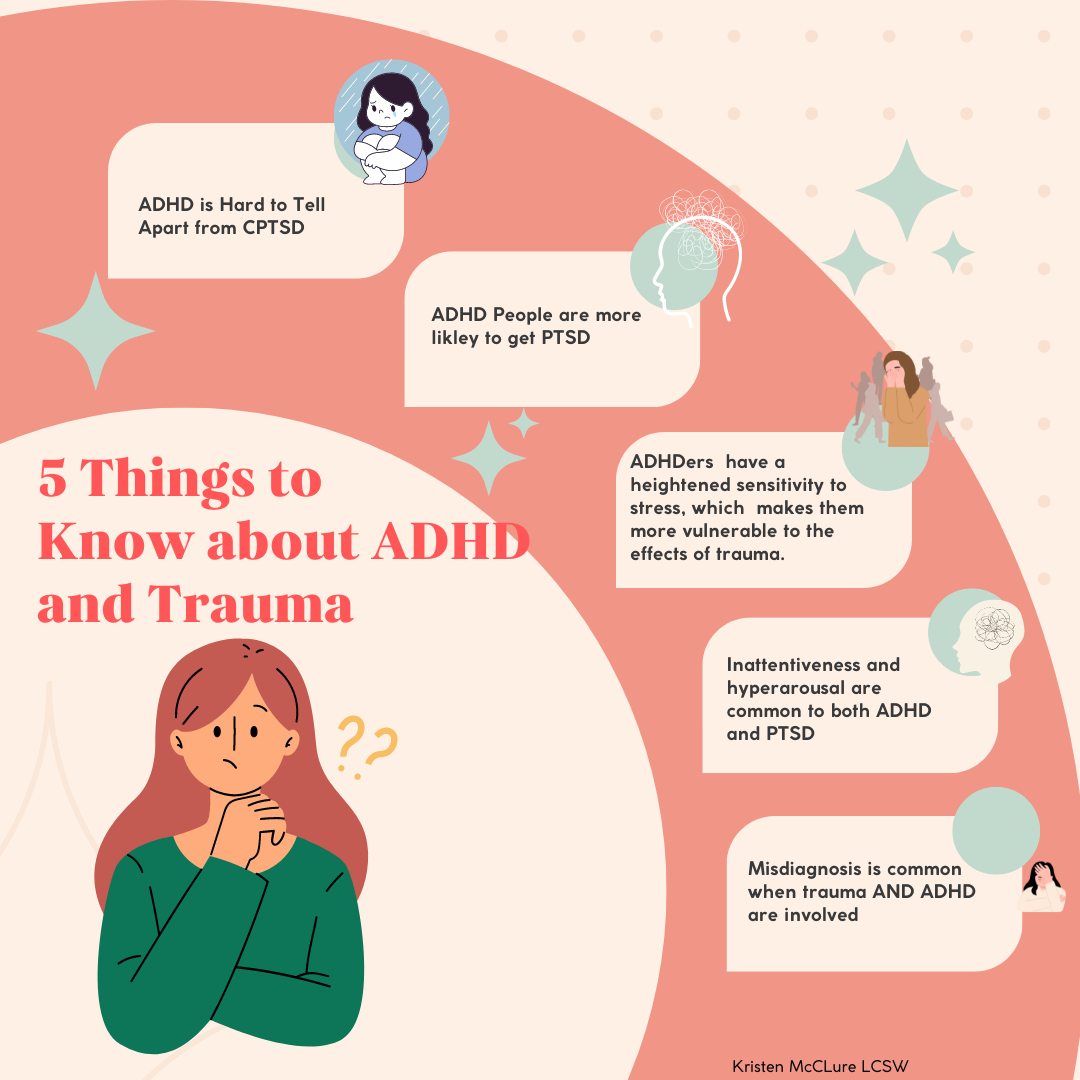
ADHD and Hoarding: Conquer your Clutter
Helping ADHD Women with Hoarding and Clutter: A Comprehensive Guide

Struggling with clutter and hoarding can be particularly challenging for women with ADHD. This blog aims to illuminate the reasons behind these struggles and offer practical advice on how to support yourself or a loved one in managing these issues.
The impulse to acquire items combined with the difficulty in parting with them can lead to hoarding behaviors. Interestingly, research indicates that hoarding tendencies are relatively common among individuals with ADHD, with studies suggesting that approximately 20 to 40% of those who struggle with hoarding behaviors also have comorbid ADHD. This significant overlap highlights the need for tailored interventions that address both hoarding behaviors and ADHD symptoms.
One recent study found a significant prevalence of hoarding behaviors among adults with ADHD, particularly linked to inattention rather than impulsivity.
Citation: Iervolino AC, Perroud N, Fullana MA, Guipponi M, Cherkas L, Collier DA, Mataix-Cols D. Prevalence and Heritability of Compulsive Hoarding: A Twin Study. Am J Psychiatry. 2009;166:1156–1161. doi: 10.1176/appi.ajp.2009.08121789. PubMed CrossRef Google Scholar
Why Do ADHD People Struggle with Clutter?
ADHDders often face executive functioning deficits, such as challenges with organization, decision-making, and impulse control. These difficulties can lead to a buildup of clutter as decisions on what to keep, discard, or organize become overwhelming. Additionally, the distractibility associated with ADHD can make it hard to focus on tidying and decluttering tasks.
Why Do They Struggle with Hoarding?
Hoarding in ADHD people can stem from various factors including emotional attachment to objects, challenges in processing information which affects their ability to categorize and prioritize possessions, and executive functioning deficits. The impulse to acquire items combined with the difficulty in parting with them can lead to hoarding behaviors.
What is the Difference Between Clutter and Hoarding?
Clutter and hoarding both involve disorganization and excessive possessions, but they differ in severity and impact. Clutter is characterized by a disorganized accumulation of items that can cause stress and hinder productivity, but doesn't significantly impair living spaces. Hoarding, on the other hand, involves an extreme accumulation of items to the point where living spaces are unusable, often driven by a deep-seated fear of discarding items.
What's the Emotional Impact?
The emotional impact of clutter and hoarding can include anxiety, stress, feelings of overwhelm, and in severe cases, social isolation. The chaos of cluttered or hoarded spaces can exacerbate ADHD symptoms, creating a vicious cycle of emotional distress and further cluttering or hoarding.
How Can You Support an ADHD Person You Love Struggling with Clutter?
- Create a supportive environment: Encourage without judgment and offer practical help in organizing and decluttering.
- Implement simple organizational systems: Use clear, easy-to-maintain systems that make sense to the person you're helping.
- Break tasks into small, manageable steps: Large tasks can be overwhelming, so focus on small, achievable goals.
How Can You Support Them with Hoarding?
- Encourage professional help: Hoarding can be a complex issue that often requires the assistance of mental health professionals.
- Be patient and understanding: Recognize that letting go of items can be a deeply emotional process.
- Help them focus on their goals: Remind them of the benefits of decluttering, such as improved safety and peace of mind.
How Can You Support Yourself?
With Clutter
- Set small, achievable cleaning goals: This prevents feeling overwhelmed.
- Use visual aids: Labels, lists, and color-coding can help you stay organized.
- Seek support when needed: Don't hesitate to ask for help from friends, family, or professionals.
With Hoarding
- Practice self-compassion: Understand that progress takes time and celebrate small victories.
- Seek professional support: Therapists and organizers can offer strategies tailored to your needs.
- Focus on the benefits of decluttering: Keep in mind how decluttering will improve your quality of life.
What Does Your Doctor or Therapist Need to Know to Support You?
Routine assessments for hoarding symptoms are recommended forADHDers due t.o the potential for significant impact on daily functioning. Your doctor should be asking you questions about whether you have issue swith hoarding just because you are and ADHD person
Communicating openly with healthcare professionals about your struggles with hoarding or clutter, your ADHD symptoms, and any emotional attachments to objects is crucial. Providing a clear picture of your daily challenges, your goals for improvement, and any previous strategies you've tried can help them tailor their support to your specific needs.
Hoarding and clutter can significantly impact the lives of those with ADHD, but with the right strategies and support, managing these issues is entirely possible. Remember, progress may be slow, but every step towards decluttering and organization is a step towards a more serene and manageable living environment.





